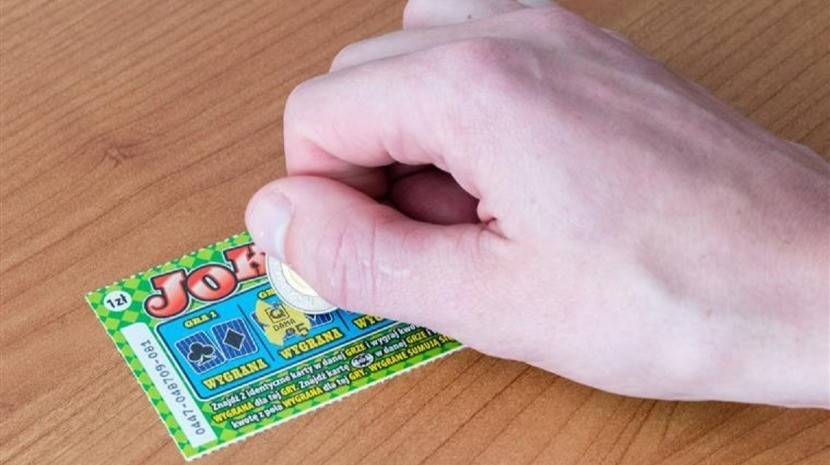Women, people with low incomes and low education unfortunately become easily addicted to scratch cards, an addiction that affects about 100,30 adults in Portugal, with many diagnosed with having a pathological gambling disorder.
The portrait drawn in a national study “Who buys scratch cards?” carried out by the University of Minho for the Economic and Social Council (CES), was released today in Lisbon at the “Presentation of the results of the 1st phase of the Research Project – Who buys scratch cards?”
According to the study, which performed 2,554 interviews, “the frequent purchase of scratch cards is more common in people with low incomes,” stating that those on incomes between 400 -600 euros per month were more likely to buy scratch cards than those earning more than 1,500 per month.
Taking a chance on a scratch card is also more common in people with primary and secondary education (5.8 and 3.9 times more likely than people with master’s/doctoral degrees).
Another of the conclusions of the national study points out that it is women (53.15%) who present gambling problems as opposed to 46.85% of men.
Of the 221 respondents who say they play regularly, 112 (51%) said they play weekly, 91 (41%) monthly, and 18 (8%) daily.
The research concludes that 3.09% of adults are at risk of developing gambling problems and estimates that these problems may affect 1.21% of the adult population.
A counseling technician in addictions in the area of pathological gambling said that, as the study shows, those who purchase instant lottery tickets (scratch cards) of the Santa Casa da Misericórdia de Lisboa “are people with less economic capacities, often older and often suffering from associated anxiety or depression.”
Noting that scratch cards “are very much implemented from a cultural, social point of view,” with people playing games and offering scratch cards, there should be more information to prevent addictive behavior. Prevention, he argued, essentially involves a lot of information at lottery outlets and on television, with the message that gambling is something recreational and not for investment: It is for fun, not a way to increase your pension, pay the rent, or just simply to have a bit more money.
Many people gamble because they think they will be able to make money, and when they lose what they have won, they will want to get the money back, the expert explained.
Pedro Hubert warns that there are several factors that raise the risk potential of scratch cards, particularly for those who have a certain predisposition to addition: the fact that you can buy and bet “often in a minute” on the scratch card, along with accessibility, availability, low price, and high premiums.
The risk is also higher for “people who have more difficulties or who fail to realise that gambling is loaded in favour of the house, not those who buy.”
Pedro Hubert also defended a joint work between the State and the Department of Games of Santa Casa and the need for more research, such as this one from the University of Minho, “which is very meritorious,” in order to protect people from developing addictive behaviour and those who are already affected.
“Therefore, we all work together towards greater prevention and also, not least, that there is a more effective treatment of those who have problems with abuse or dependence.”
According to the report and accounts of the Santa Casa da Misericórdia de Lisboa (SCML) of 2020, the last one available, the scratch card is the “queen” of social games, having awarded about 2.8 million weekly prizes, which translates into more than 17.2 million euros.
According to SCML’s 2022 Plan and Budget, scratch cards represented sales of 1.44 billion euros in 2020, about half of the total sales of social games, which include totoloto, totobola Euromillions, lotteries, and other games.
Samantha Gannon
info at madeira-weekly.com




